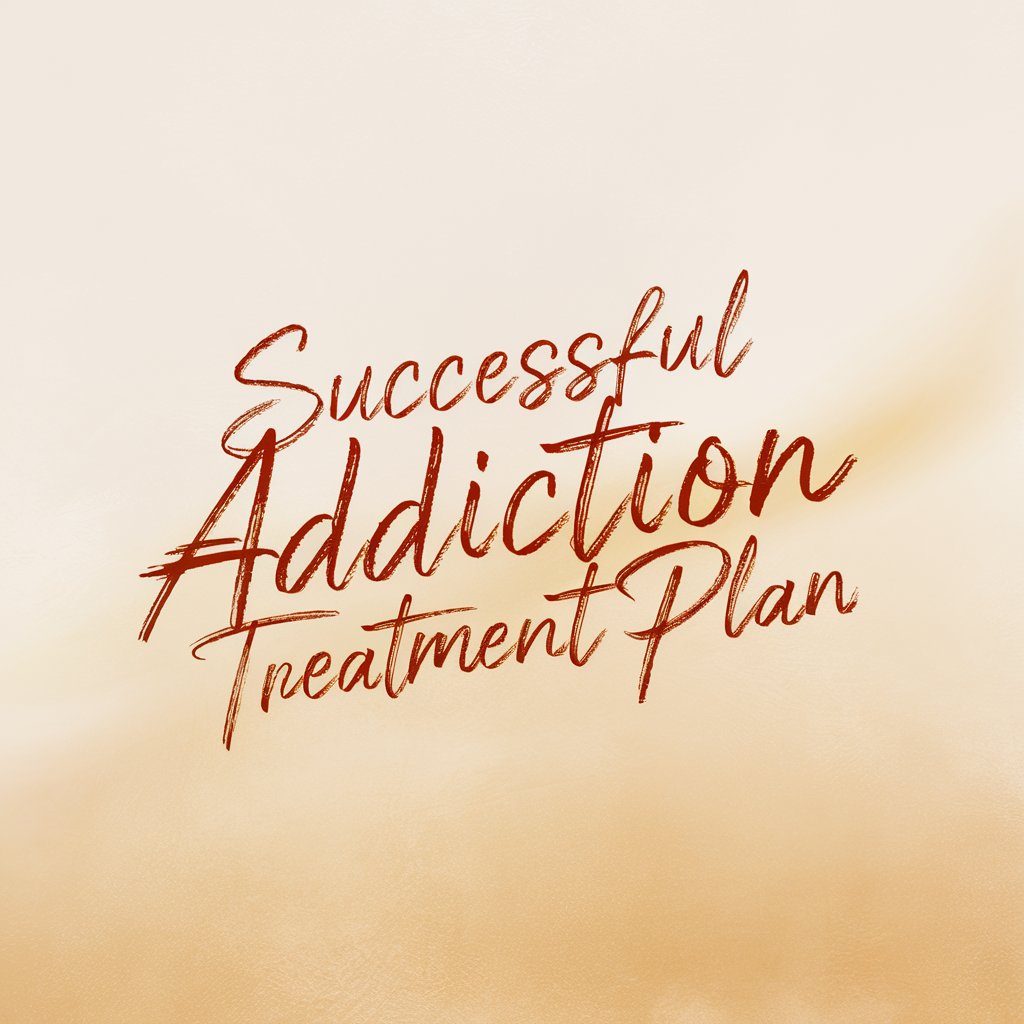Creating a successful addiction treatment plan involves several key components that work together to support recovery.
Each component addresses different aspects of addiction, providing a comprehensive approach to help you overcome substance abuse.
1. Medical Detoxification
Medical detoxification, or detox, is the first step in many addiction treatment plans. It involves clearing the body of substances while managing withdrawal symptoms in a safe and controlled environment. Here’s why detox is essential:

Supervised Care
During detox, medical professionals monitor your physical and mental health. They provide medications and support to ease withdrawal symptoms and prevent complications. This supervision is crucial for ensuring your safety and comfort during the detox process.
Stabilization
Detox helps stabilize your body and mind, preparing you for the next stages of treatment. By eliminating the substance from your system, detox sets the foundation for a successful recovery journey.
Transition to Treatment
After detox, you’re ready to transition to further treatment. Detox alone isn’t enough to address addiction; it must be followed by comprehensive therapy and support to achieve lasting sobriety.
2. Comprehensive Therapy
Therapy is a cornerstone of addiction treatment. It addresses the psychological and emotional aspects of addiction, helping you understand and change your behaviors. Here are some common types of therapy used in addiction treatment:
Individual Therapy
Individual therapy involves one-on-one sessions with a therapist. This personalized approach helps you explore the underlying causes of your addiction, develop coping strategies, and set recovery goals. Cognitive-behavioral therapy (CBT) and motivational interviewing are common techniques used in individual therapy.
Group Therapy
Group therapy provides a supportive environment where you can share experiences and learn from others. It fosters a sense of community and reduces feelings of isolation. Group therapy also offers valuable insights and feedback from peers who understand your struggles.
Family Therapy
Addiction affects not just the individual but also their loved ones. Family therapy helps repair relationships, improve communication, and address family dynamics that may contribute to addiction. Involving family members in treatment can strengthen your support system and enhance recovery.
3. Support Groups
Support groups are an integral part of a successful addiction treatment plan. They offer ongoing support and encouragement, helping you stay motivated and connected to others in recovery. Here are some popular support group options:
12-Step Programs
12-step programs like Alcoholics Anonymous (AA) and Narcotics Anonymous (NA) provide a structured approach to recovery. These programs emphasize personal accountability, spiritual growth, and peer support. The 12 steps guide you through the recovery process and help you build a sober lifestyle.
Non-12-Step Programs
Non-12-step programs, such as SMART Recovery, offer alternative approaches to addiction treatment. These programs focus on self-empowerment, cognitive-behavioral techniques, and scientific principles. They provide a flexible framework for individuals seeking a different path to recovery.
Online Support Groups
Online support groups offer convenience and accessibility. They provide a platform for connecting with others in recovery, sharing experiences, and receiving support from the comfort of your home. Online groups can be particularly helpful if you have limited access to in-person meetings.
4. Relapse Prevention Planning
Relapse prevention is a critical component of any addiction treatment plan. It involves identifying triggers, developing coping strategies, and creating a plan to maintain sobriety. Here’s how relapse prevention planning works:
Identify Triggers
Triggers are situations, people, or emotions that can lead to substance use. Identifying your triggers helps you avoid or manage them effectively. Common triggers include stress, social pressure, and certain environments.
Develop Coping Strategies
Coping strategies are techniques for handling triggers and cravings without turning to substances. These may include mindfulness, deep breathing exercises, physical activity, and engaging in hobbies. Developing a toolkit of coping strategies equips you to handle challenges and maintain sobriety.
Create a Relapse Prevention Plan
A relapse prevention plan is a detailed roadmap for staying sober. It includes strategies for managing triggers, steps to take if cravings arise, and a list of supportive contacts. Having a plan in place provides structure and guidance, helping you stay on track during difficult times.
5. Aftercare Support
Aftercare support is the ongoing care and support you receive after completing a formal treatment program. It’s essential for maintaining long-term sobriety and preventing relapse. Here are some components of effective aftercare support:
Continued Therapy
Continued therapy, whether individual or group, provides ongoing support and accountability. Regular therapy sessions help you address new challenges, reinforce coping strategies, and stay focused on your recovery goals.
Sober Living Homes
Sober living homes offer a transitional environment for individuals who have completed inpatient treatment. These homes provide a structured, substance-free setting where you can continue to build healthy habits and connect with others in recovery.
Regular Check-Ins
Regular check-ins with a healthcare provider or counselor ensure you’re staying on track. These check-ins can help identify early signs of relapse and provide support to address any emerging issues.
Participation in Support Groups
Continuing to participate in support groups keeps you connected to a community of individuals committed to sobriety. Ongoing involvement in support groups reinforces the principles of recovery and provides a network of support.






